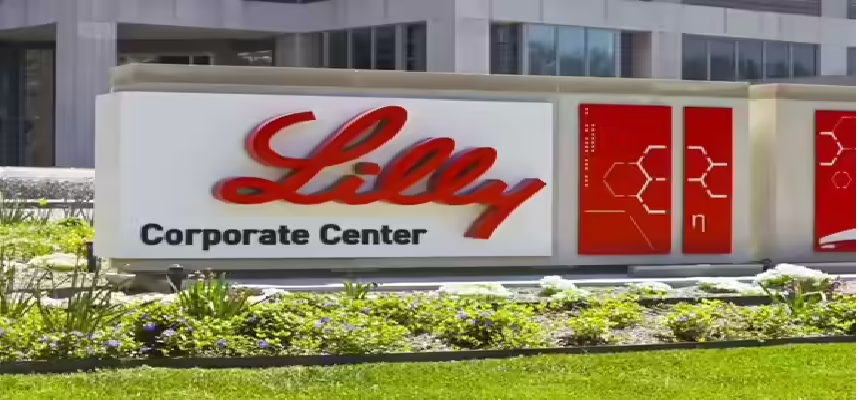
Eli Lilly and Company announced that the US Food and Drug Administration (FDA) has approved a label update with a new recommended titration dosing schedule for Kisunla (donanemab-azbt), Lilly's once-monthly amyloid-targeting therapy for adults with early symptomatic Alzheimer's disease (AD), which includes people with mild cognitive impairment (MCI) as well as people in the mild dementia stage of AD, with confirmed amyloid pathology. In the TRAILBLAZER-ALZ 6 study, the modified titration schedule significantly lowered the incidence of amyloid-related imaging abnormalities with edema/effusion (ARIA-E) versus the original dosing schedule at 24 and 52 weeks, while still achieving similar levels of amyloid plaque removal and P-tau217 reduction.
""We are confident that this label update for Kisunla will significantly aid healthcare professionals in evaluating appropriate treatment options for their patients,"" stated Brandy Matthews, MD, FAAN, Lilly's vice president of global & US Medical Affairs for Alzheimer's Disease. ""This update underscores our unwavering commitment to patient safety and the advancement of Alzheimer's disease treatment by potentially mitigating the risk of ARIA-E.""
""This updated dosing strategy is a meaningful advancement for patients and their care teams,"" said Elly Lee, MD, chief medical officer and principal investigator, Irvine Center for Clinical Research. ""By significantly reducing the risk of ARIA-E, we can offer patients and care teams greater confidence in the safety of Kisunla while preserving its ability to reduce amyloid.""
Lilly Support Services for Kisunla is dedicated to assisting patients throughout their treatment journey with Kisunla. This free program provides essential services, including coverage determination assistance, care coordination, nurse navigator support, and personalized resources.

Sick and tired of always wondering if you are being asked to pay the right price for your APIs? This empowers you with the answers you need to make the right decisions in the Global API market.
Chemxpert Database is one of the biggest and most comprehensive directories of pharma and chemicals, manufacturers, suppliers and information. Provided with current information on prices, demand and transactions, it gives you instant feedback on whether you are buying what is right and at the right time.
Start using market intelligence today and allow yourself to be in control in the API market.
Check it out today and make more informed sourcing decisions! Learn More!
